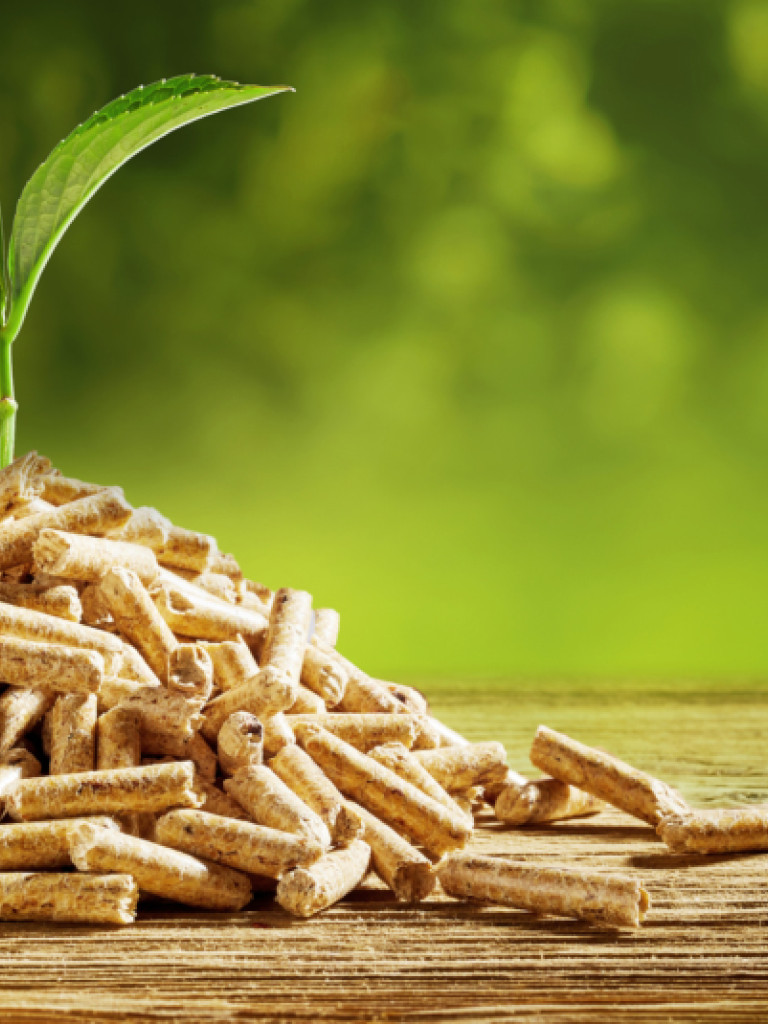
Act & Sorb
Presented by Kenny Vanreppelen Nominated by Hasselt University, Diepenbeek, Belgium Act&Sorb developed an innovative self-sustaining recycling solution for hardly or non-recyclable organic waste streams like MDF (medium density fibreboard). The technology converts the wood waste materials into a high value raw material and an excess of energy in the form of heat and/or electricity (dependent on the project), while reducing the amount of CO2 emitted. The product can then be used to clean polluted drinking water, food and beverages.
2965
KENNY VANREPPELEN, Act&Sorb
Steven van Hoof, Hasselt University
4
To date, there is no sustainable, circular and economic recycling solution for MDF and other fractions of type B waste wood such as hardboard or softboard. Annually, 70 million tons of MDF are produced with an average lifespan of 10 to 15 years. Consequently, the amount of post-consumer MDF, now only considered to be fit for landfill or incineration, arriving at waste disposal and recycling centres is huge. Act&Sorb’s solution gives MDF a new life in the form of high value activated carbon where it can be used in e.g. water purification. The production process is completely self-sustainable with additional production of green energy, either in the form of heat or electricity. This solution could be used for other waste streams as well and thus has the potential to considerable reduce environmental pollution and contribute to creating a circular economy.
Presented by Kenny Vanreppelen Nominated by Hasselt University, Diepenbeek, Belgium Act&Sorb developed an innovative self-sustaining recycling solution for hardly or non-recyclable organic waste streams like MDF (medium density fibreboard). The technology converts the wood waste materials into a high value raw material and an excess of energy in the form of heat and/or electricity (dependent on the project), while reducing the amount of CO2 emitted. The product can then be used to clean polluted drinking water, food and beverages.
2965
KENNY VANREPPELEN, Act&Sorb
Steven van Hoof, Hasselt University
4
To date, there is no sustainable, circular and economic recycling solution for MDF and other fractions of type B waste wood such as hardboard or softboard. Annually, 70 million tons of MDF are produced with an average lifespan of 10 to 15 years. Consequently, the amount of post-consumer MDF, now only considered to be fit for landfill or incineration, arriving at waste disposal and recycling centres is huge. Act&Sorb’s solution gives MDF a new life in the form of high value activated carbon where it can be used in e.g. water purification. The production process is completely self-sustainable with additional production of green energy, either in the form of heat or electricity. This solution could be used for other waste streams as well and thus has the potential to considerable reduce environmental pollution and contribute to creating a circular economy.